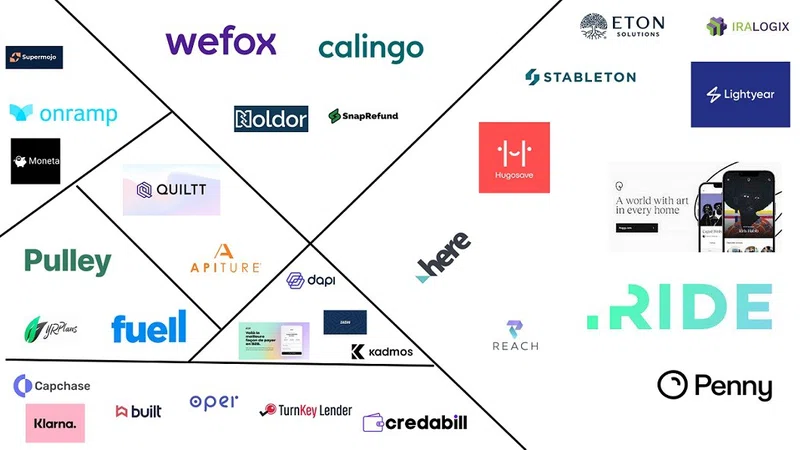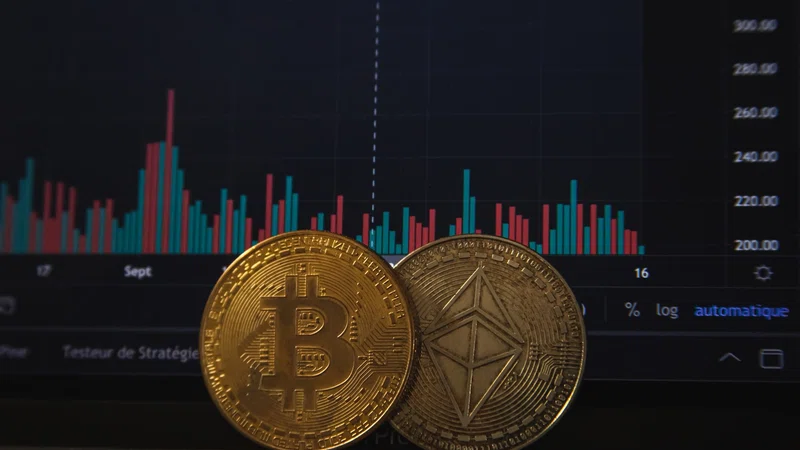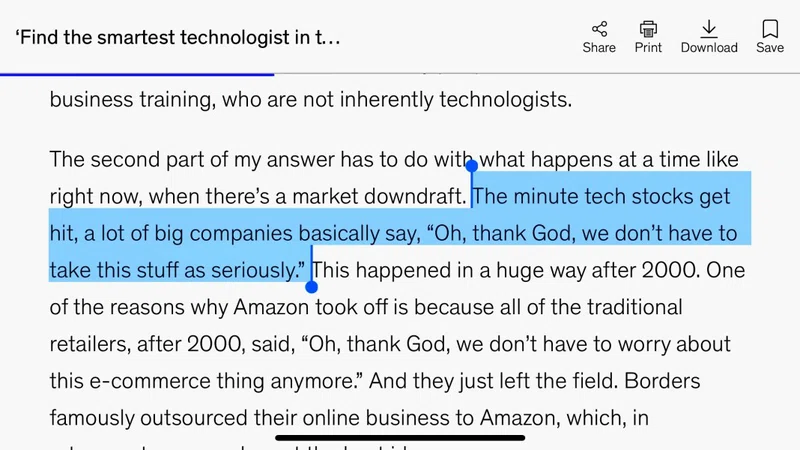Since March 2020, consumer spending habits have changed significantly, and that includes the way we use our credit cards online. Almost immediately, fraudsters tapped into this and found new ways of taking advantage of this with devious scams and cons that caused a drastic rise in fraud cases.
To find out where Europe’s credit card fraud capital is, Merchant Machine has researched 19 countries in Europe, analysing the amount of money lost to fraud, the level of fraud risk, and more to find out where this crime is the most prevalent.
Some of Merchant Machine’s key findings include
- Ireland is the credit card fraud capital of Europe
- The UK follows Ireland in second place
- Merchant Machine advises consumers to take whatever precautions they can to reduce the risk of fraud
View the research in full here: https://merchantmachine.co.uk/credit-card-fraud-capitals-of-europe/
Ireland Tops the List as the Card Capital of Europe
Out of all of the 19 countries we researched, Ireland loses the second-highest amount of money to fraud per 1,000 cards with €5,145 and each month, there are 180 searches for the terms ‘credit card fraud’ and ‘report credit card fraud’.
In Ireland, 88 of every 1,000 inhabitants become a victim of credit card fraud, which is the third-highest amount compared with the other countries on the list, which means for every 1,000 inhabitants, €7,949 is stolen by fraudsters.
In addition to this, almost a quarter (25%) of transactions made in Ireland are made across national borders. More than three-quarters of those transactions were fraudulent, which is a higher percentage than both the UK and France.
The UK has the highest number of fraud cases per 1,000 inhabitants
The UK ranks second on Merchant Machine’s list with the most fraud cases per 1,000 inhabitants with 123 and the highest value per 1,000 inhabitants at €10,414.
Over an average month in the UK, there are 170 Google searches for ‘report credit card fraud’ and 1,000 searches for ‘credit card fraud’.
Following closely behind the UK is France, which has the highest fraud value and volume per 1,000 cards. This means that for every 1,000 credit cards in France, there are 83 cases of fraud which results in a total loss of €5,521.
Top 5 Credit Card Fraud Capitals of Europe

How to Stay Safe When Using Credit Cards Online
Credit card fraud can be devastating, and a criminal’s fraudulent activity on your card can damage your credit score, which could have knock-on effects on your financial position. Here are a few things you can do to reduce your risk of becoming a victim of credit card fraud.
- Don’t lose sight of your credit card when paying for something in-person
If someone gets hold of it, they could potentially copy or tamper with it. - By wary of unexpected text messages, phone calls, and emails
Phishing scams are set up by fraudsters to trick you into revealing your financial details by posing falsely as a bank or online shop. If it doesn’t look right, always avoid clicking on any links or handing over your personal information. - Never tell anyone your pin
Always keep your pin private, the only person who should know a credit card pin is the cardholder themselves. - Regularly review your credit card statements
Keep an eye out for any unfamiliar purchases or transactions that weren’t made by you so that you can report any suspicious activity to your credit card company straight away. - Use a strong password for internet banking
You should make up a unique password for every online banking account that you have, using a random combination of letters, numbers, and special characters.
X from Merchant Machine advises, “Whilst using a credit card for online purchases does come with some additional protection, it’s still crucial that consumers take whatever precautions they can to reduce the risk of fraud.
We recommend keeping your confidential information as secure as possible, acting with caution when you receive unexpected messages from banks or online shops, and keeping a close eye on your purchase history.”











